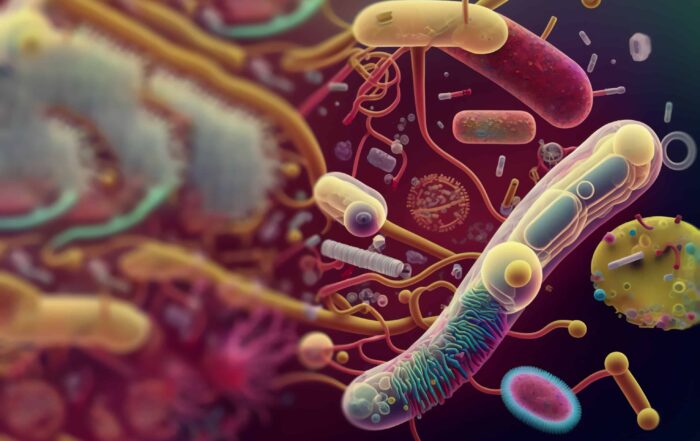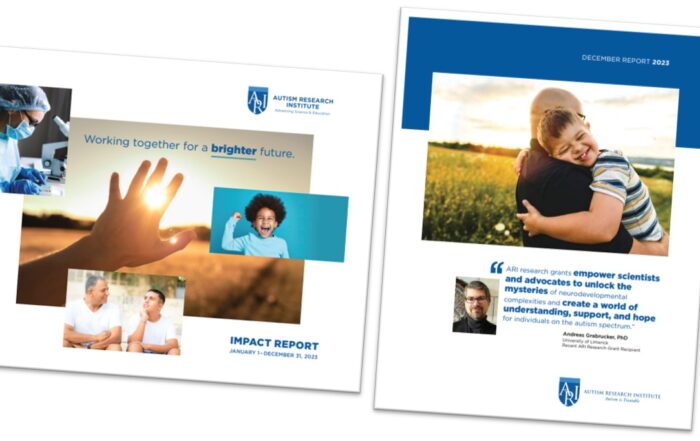Young women with autism are hospitalized for psychiatric conditions at a much higher rate than women without autism, according to a new study. The findings of the study were reported by Miriam Martini at the annual meeting of the International Society for Autism Research (INSAR) in May.

Using multiple databases, Martini and colleagues analyzed data collected on approximately 1.3 million people born in Sweden between 1985 and 1997. The researchers found that by the age of 25, more than 60 percent of women with ASD and approximately 45 percent of men with ASD had been diagnosed with a psychiatric condition, compared to 14 percent of non-autistic women and 9 percent of non-autistic men.
In addition, more than 22 percent of women with ASD had been hospitalized for a psychiatric condition by the age of 25, a number five times greater than that for women without ASD and nearly double that for men with ASD. After the researchers controlled for multiple variables, their analyses still showed that both men and women with ASD received psychiatric diagnoses at a significantly elevated rate.
—
“Sex differences in mental health in young autistic adults: a population-based cohort study,” M. Martini, R. Kuja-Halkola, A. Butwicka, E. Du Rietz, B. D’Onofrio, F. Happe, A. Kanina, H. Larsson, S. Lundström, J. Martin, M. Rosenqvist, P. Lichtenstein, and M. Taylor, INSAR annual conference, May 2022. Address: Miriam Martini, Karolinska Institutet, Stockholm, Sweden.
—and—
“Psychiatric conditions hospitalize almost one in four autistic women by age 25,” Niko McCarty, Spectrum News, May 17, 2022
This article originally appeared in Autism Research Review International, Vol. 36, No. 2, 2022
Editorial – Fecal Microbiota Transplantation and Autism
Over the past several years, Fecal Microbiota Transplantation (FMT) has become the subject of growing interest in the autism community due, at least in part, to the increased awareness of the gut-brain
ARI’s Latest Accomplishments
Connecting investigators, professionals, parents, and autistic people worldwide is essential for effective advocacy. Throughout 2023, we continued our work offering focus on education while funding and support research on genetics, neurology, co-occurring medical
Biomarkers start telling us a story: Autism pathophysiology revisited
Antonio Persico, MD, a recent ARI Research Grant recipient, explores the role of biomarkers in understanding autism pathophysiology. He discusses the complexity inherent to neurodevelopmental conditions and emphasizes the need to combine




